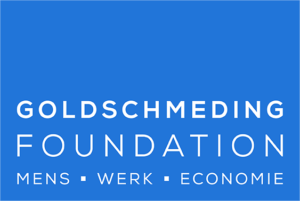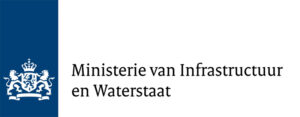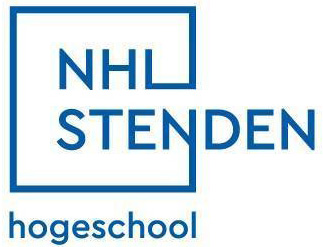Serious Game Circular Skills
- Learning through gaming


In practice, we notice more and more that we can learn by gaming: in most games you need certain skills to be able to win. In serious gaming, you always make a link to the learning process, by training very specifically on those skills. NHL Stenden makes regular use of serious gaming. They do this mainly with issues from the study programs. Students learn mainly by experiencing something, instead of or in addition to the usual books, lessons and exams. Serious gaming also offers the chance to show nuances of theory in practice. You can't really capture this in a book.
Developing a Serious Game Circular Skills.
Learning for Tomorrow commissioned NHL Stenden to find out whether it is possible to use a game to teach someone what circularity is. By first searching for exactly what circularity means, this search could also be included in the development of a game. And now there is a prototype!
By playing the game, you learn step-by-step to apply circularity in a micro economy that takes place on the board. During the game you are the owner of a factory. You collect materials from the supplier and process them into a product that you sell on the market.
But there is leftover material. Your task is basically to sell as much as possible in x number of turns and thus collect as many points as possible. Now you can already see it coming a bit, at the end you have some points but mainly a lot of waste left over. The question is then for the players: how long do you think you can continue with this?
In fact, a situation arises where you run out of raw materials and all that is left is waste. So what does it take, according to the students, to apply the idea of circularity: that's the conversation we're having. We play the game three times, between each round students are given instructions on how to sustain the process longer. The only way to do this is to work together. Because your fellow players' waste together is another new product that can be sold.
Looking ahead to the future
This process from individualism to working together to keep the game going for as long as possible is exactly the transition that business is going through on their way to circularity. So we explain this change in a game so that students can apply it themselves in the future. I think it's good to make students aware early on of what it looks like in practice. Especially if you look at where it's going in college, there's more and more linking to practice anyway.
Ultimately, it can also be seen as a product a teacher brings prior to a module on circularity. As a teacher, you can start with the game first, then students work on an assignment and then they start referring back to what they learned in the game. As a teacher, you then deploy the product yourself so that you are actively involved in the learning.
Want to know more?
Want to know more about this project? Please contact Steven de Rooij from Lectureship of Serious Gaming from NHL Stenden.
Join Sustainability Skills!
This project has now been completed. Below we tell you how to join the program.
- Would your organization like to join one of the existing regional collaborations (Friesland; Flevoland; Utrecht; South Holland; Rotterdam)? If so, please contact Daan de Kruijf at daan@lerenvoormorgen.org.
- Does your initiative connect education, business, government and researchers at the regional level? And would you like to join the program to develop and/or grow this initiative? We would like to get to know you better. Fill in this questionnaire and we will contact you within 7 business days!
- Stay informed? Sign up for the newsletter!
Agenda
Inspiration/News
Podcasts
No results found.
Knowledge
- MBO, HO, Lifelong learning
More Projects
No results found.





